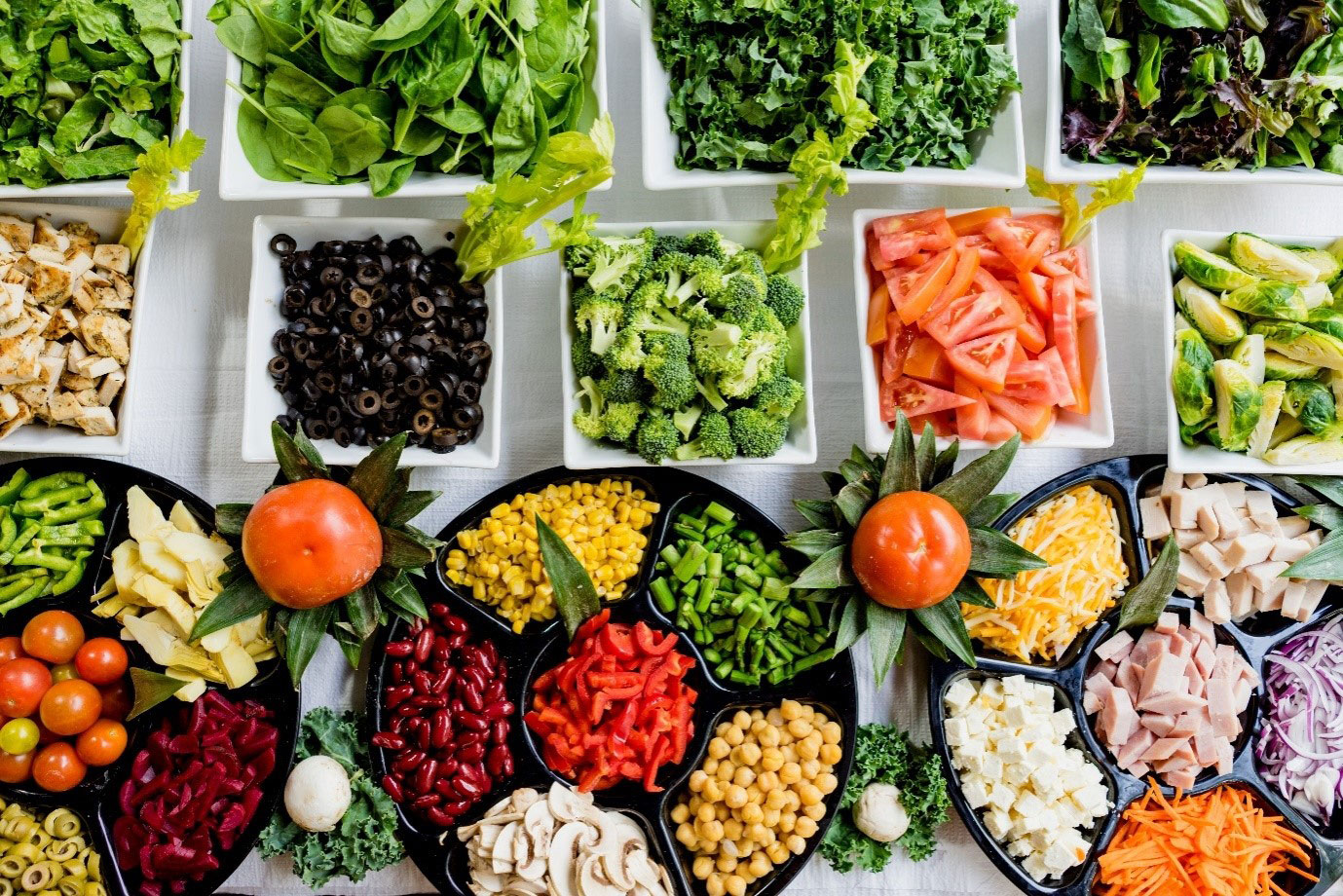
Fibre is the indigestible part of plant foods such as vegetables, fruits, legumes, etc. Fibre helps us keep our digestive system healthy.
Soluble Fibre: Soluble Fibre dissolves in water, to form a gel. It includes plant pectin and gum. This fibre slows down the emptying process of the stomach, thus helping one stay full for longer.
Insoluble Fibre: Insoluble Fibre doesn’t dissolve in water. It includes plant cellulose and hemicellulose. It passes through the digestive system without being broken down and thus adds volume to the stool. It helps prevent constipation.
Fibre rich foods are super filling and thus help to reduce calorie intake.
Some fibre rich foods slow down digestion keeping us full for longer and indirectly controlling our appetite.
Both these factors play a key role in boosting fat loss.
6 things to add to your diet for higher Fibre intake:
Recommended Daily Intake for women: 25 gms, men: 38 gms under 50 years.
| Food Items | Quantity | Fibre Content |
|---|---|---|
| Fruits | 2 (150 gms) | 4 – 5 gms |
| Lentils & Legumes (Dals, Chana, Masoor, Chole, Rajma) | 1 bowl (40 gms weighed dry) | 6 – 9 gms |
| Vegetables | 3 – 4 hand sized servings (300 gms) | 5 – 7 gms |
| Nuts (Almonds, Walnuts, etc.) | 6 – 8 pieces | 2 – 4 gms |
| Seeds (Chia seeds, Flax seeds, Pumpkin seeds) | 1 tsp | 2 – 4 gms |
| Whole grain flours (Wheat, Millets such as Bajra, Jowar, Oats) | 2 rotis (40 gms weighed dry) | 4 – 8 gms |
Caution
If you are not used to eating fibre, gradually increase the quantity of your fibre intake, for your digestive system to get used to it.
Fibre can cause gas and bloating for some people.